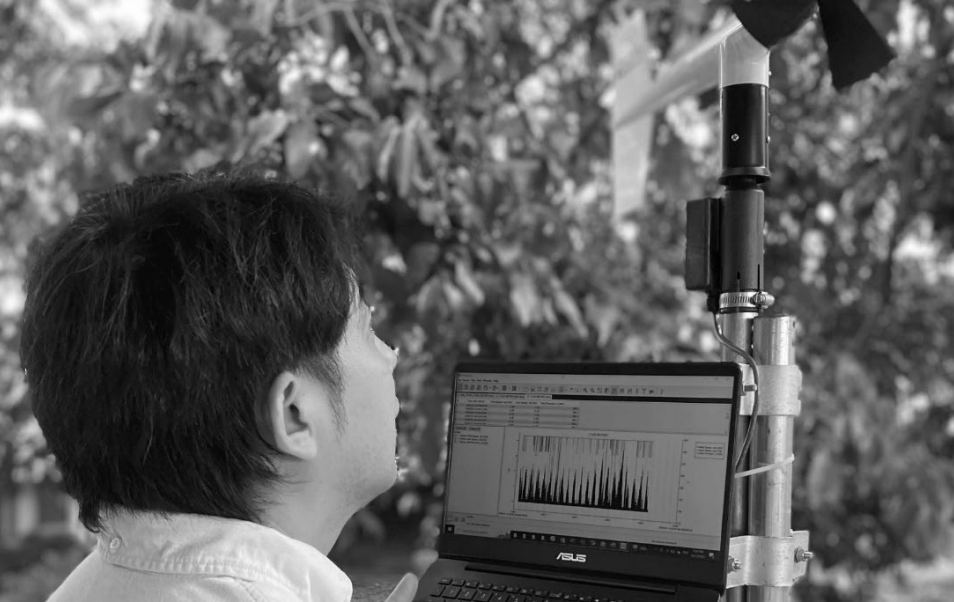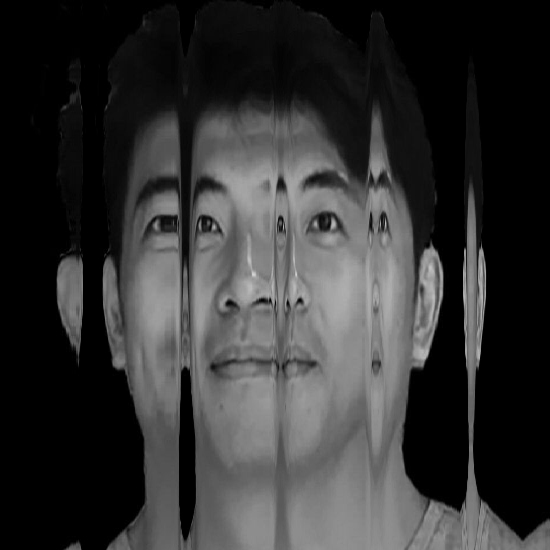
Utilizing XR Technology for Design and Reconstruction of Smooth Poly-hypar Gridshell
20th — 22nd March
9:00 AM — 5:00M (SGT)
2 days
Physical Class
10-15 PAX
ALOYSIUS LIAN
LIAN ARCHITECTS
NAME
DESIGNATION
NAME
DESIGNATION
With the advent of information and availability of low-cost gadgets, evidence based design is even more accessible than before. Being climate-responsive becomes more important as climate change continues to accelerate at unprecedented rates. However, not all designers integrate site-specific data logging into their design
process. As a result, designers must take time to log data at the beginning of their design process before they can extrapolate it and use it for their designs. Collecting data after design completion is also important in ensuring the validity of the design solution for the benefit of future projects or designers. Yet, many designers would neglect to conduct such data validation, presuming that it is not useful for the current project. Ideally, a ubiquitous smart home system should be constructed that can assist both clients and designers in their design and day-to-day capabilities. With such loggers, clients may be enabled to think more climate-sensitively, monitoring their habits and even adjusting their lifestyle sustainably and with cost-savings. Designers would then also be able to rapidly acquire accurate and pertinent data about the clients and their site.
To promote loggers and simulations on such an accessible scale, this workshop aims to teach participants how to assemble such sensors using open-source materials like raspberry pi. Participants will then collect data from their sensors over a 1-day period, learning how to format and customize the acquired data to their needs, with a demonstration on how to format their data for ladybug analysis. They will then execute a simple design intervention, validating the logged data before and after their designs. Through the workshop’s methodology, participants will be encouraged to apply similar principles to their design practices.
Objectives
Understand the importance of collecting and analysing environmental data
Assembling the sensor using open-source materials
Logging data over a 24-hour period
Validating the usability of the sensor
Extracting and extrapolating logged data
Conceptual Framework
Each session will include an introductory lecture, a hands-on session, then a debrief at the end. The hands-on activities allow them to become active participants in their learning, facilitating their creativity and allowing them to explore avenues for customizing or building future sensors. The debriefs will give them the opportunity to reflect on and reinforce their takeaways from the workshops.
Hardware requirements: Participants are encouraged to purchase their own raw materials to follow along with the hands-on assembly demonstrations.
These materials include:
1. Light sensor
2. Breadboard
3. Raspberry Pi
Participants will also have to bring their own laptops to conduct the simulations on day 2.
Software requirements: Rhino, ladybug
REGISTRATION CLOSES 18 APRIL 2024
INSTRUCTORS

ALOYSIUS LIAN
REGISTERED ARCHITECT [SG]
Aloysius Lian is a registered architect in Singapore. He has practiced and taught architecture in the United States and Singapore, after graduating from Pratt Institute with a Master of Architecture. He has completed a wide range of buildings from small scale residential to large scale institutional projects, focusing on bespoke hospitality while exploiting digital fabrication techniques.
Aloysius has won the President’s Design Award with SUTD Advanced Architecture Laboratory for the Future of Us Exhibition Pavilion and Urban Redevelopment Authority’s Architectural Heritage Award with DP Architects for Hotel Fort Canning.

Philip Yuan
professor and associate dean, Tongji University,
Honorary Fellow of American Institute of Architecture (Hon. FAIA).
co-founder, DigitalFUTURES Association,
Editor-in-Chief, Architectural Intelligence journal
founding partner, Archi-Union Architects & Fab-Union Technology
Philip F. Yuan is a professor and associate dean of the College of Architecture and Urban Planning at Tongji University, Honorary Fellow of American Institute of Architecture (Hon. FAIA). He is also the co-founder of DigitalFUTURES Association, a global educational initiative with a particular emphasis on the latest computational design and fabrication technologies, Editor-in-Chief of Architectural Intelligence journal, and founding partner of Archi-Union Architects & Fab-Union Technology. Yuan has served as Thomas Jefferson professor at University of Virginia (2019), the visiting professor at Massachusetts Institute of Technology (2019), and Royal Melbourne Institute of Technology (2021). He has also served as council member of UIA Professional Practice Commission (PPC).
Yuan was attributed with UIA 2023 The Auguste Perret Prize for Technology in Architecture. His work has been recognized with notable awards, including 2022 AIA Open International | Architecture Honor Award, 2022 Dezeen Award Best Civic Building, 2020 ACADIA Innovative Academic Program Award of Excellence and etc.
Yuan has participated in Venice biennale, Chicago biennale, Milan triennial, Tallin biennale, etc. His works have been collected by MOMA New York City, M+ Hong Kong and Centre National d’art et de Culture Georges Pompidou.




